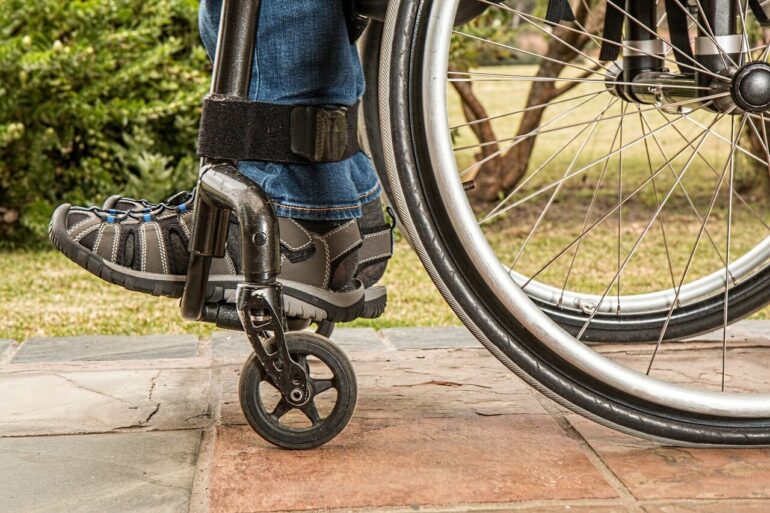Medical students who report having a disability are less likely to match into a residency program, according to a new Yale study involving residency programs across the United States.
The findings, researchers say, suggest students with disabilities may experience barriers to training and career opportunities, particularly in certain medical specialties.
“Physicians with disabilities are underrepresented in the medical field,” said Mytien Nguyen, an M.D.-Ph.D. student at Yale School of Medicine and lead author of the study. “Lower match rates could contribute to that disparity, which ultimately has negative impacts on the field and patient care.”
For the study, published n the journal JAMA, the researchers used data from the National Resident Matching Program, which matches applicants to residency programs in the United States. They analyzed match outcomes for individuals applying to residency programs in 2022 and 2023.
Of the nearly 70,000 people who applied for residencies during that time period, 5.9% reported having a disability, answering “yes” to the application question “Are you a person with disability (e.g., ADHD, learning, psychological, chronic health, mobility, hearing, vision,
etc.)?”
After evaluating match rates for those reporting and not reporting a disability, the researchers found a small but significant difference in match rates, with 83.2% of those not reporting disabilities successfully matching to residency programs compared with 81.8% of applicants who reported a disability.
When researchers then looked at rates across medical specialties, they found several where match rates were not significantly different between the two groups. In others, however, including otolaryngology, neurology, physical medicine and rehabilitation, dermatology, pediatrics, internal medicine, and emergency medicine, match rates were higher for applicants with a disability.
Driving the overall lower match rates for students with disabilities were the rates for general surgery—65.5% compared with 76.2% for students not reporting disabilities—and orthopedic surgery—58.6% versus 73.3%.
During the matching process, students apply to specific programs, interview, and then rank programs in order of preference. Programs rank their applicants as well and the National Resident Matching Program uses an algorithm to determine matches based on the two sets of rankings.
The match rate variability across specialties, researchers say, may reflect differences in specialty culture or their applicant assessment practices, with biases–whether conscious or unconscious–affecting match rates.
“With this gap, I think it’s important for each specialty, not just surgical specialty, to think about their processes and incorporate disability as a metric to examine in addition to race, ethnicity, and sex when they’re evaluating their program’s diversity,” said Nguyen.
The differences across specialties may also point to positive approaches that others can adopt or build from, said senior author Dowin Boatright, who is now vice chair of research in the Department of Emergency Medicine at New York University Grossman School of Medicine and began this line of research while at Yale School of Medicine.
“Looking at specialties with higher match rates for applicants with disabilities may uncover successful strategies for equitable evaluation,” he said.
Organizations like the Accreditation Council for Graduate Medical Education, which evaluates medical residency and internship programs, play a role as well, said Nguyen, noting the work the body is already doing to promote awareness and support for learners with disabilities.
“And of course the number of applicants with disabilities in our study was very low, which speaks to disparities that may exist earlier in the training pathway and need to be addressed as well,” she said.
More information:
Mytien Nguyen et al, Outcomes of the Main Residency Match for Applicants With Disability, JAMA (2024). DOI: 10.1001/jama.2024.5000
Citation:
Students with disabilities match with physician residency programs at lower rates (2024, April 17)



